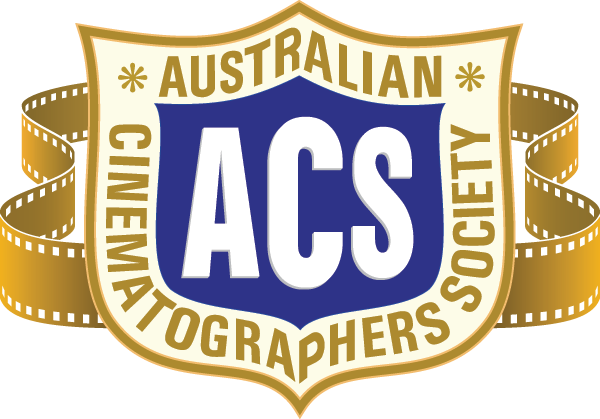Martha Ansara inducted into the Hall of Fame in 2015.
Martha is a Cinematographer/Director/Filmmaker whose films on social issues have won international prizes in Australia, the UK, Europe and US. Martha was one of the first women in Australia to work as a cinematographer and is a full member of the ACS. Martha was born in the US, then migrated to Australia in 1969, and became involved in the Sydney Filmmakers Co-op. She started making films with other young filmmakers through the Co-operative, but was unable to break into the then male-only domain of cinematography.
In 1975, she was admitted as a student in the first three-year full-time course at AFTRS.
After graduating, she gained experience as a camera assistant and started work as a cinematographer and maker of social documentaries. Martha then began writing film reviews for Filmnews, the newspaper of the Sydney Filmmakers Co-operative. She organized and taught in the women’s film workshops of this period, eventually lecturing in film production and conducting short courses in filmmaking. She also worked as an assessor of projects for government film bodies and was involved in promoting the development of women’s filmmaking through the Sydney Women’s Film Group and the Women’s Film Fund of the Australian Film Commission. In the 1970s, Martha was involved in the anti-Vietnam War movement and joined the Association for International Disarmament and Co-operation, which became People for Nuclear Disarmament (PND). With the support of that organization, she later made one of the first documentaries to be shot by Westerners in Vietnam, “Changing the Needle”. Martha subsequently worked with PND as an organizer of the Pacific Peacemaker to raise awareness of the launching of the first nuclear submarine, and then in producing the anti-nuclear feature film “The Pursuit of Happiness” (1987) which she directed. The finance for this film was raised largely from private sources, including the proceeds of the sale of the Victoria Cross won at Gallipoli by Hugo Throssell and donated to the project by his son, diplomat and writer Ric Throssell.
It was after making this film that Martha was awarded the Australian Film Institute’s Byron Kennedy Award-1987. In 1976, while working on Phillip Noyce’s short feature, Backroads, Ansara was introduced to the realities of Aboriginal Australia through community activist and singer Essie Coffey OAM. Coffey’s film My Survival as an Aboriginal, which Martha co-produced with Coffey and filmmaker Alec Morgan. Coffey and Ansara later collaborated once again to make a sequel, My Life As I Live It. In ‘83, Martha photographed Lousy Little Sixpence, a ground breaking documentary on the stolen generation. She likewise worked with Aboriginal activist Robert Bropho to photograph Munda Nyuringu and Always Was, Always Will Be.
In 2005 Martha, was asked to work on a history of cinematography in Australia. This project, became the book, The Shadowcatchers, for which Martha, did what can only be described as an incredible effort.


